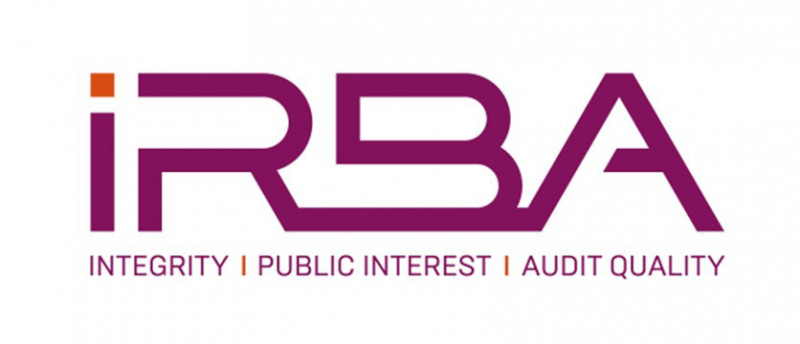CATEGORIES
- (3) Negotiating Tax Debt and Payment Arrangements with SARS
- (2)Account / Profile
- (544)Accounting
- (2)Accounting and Finance
- (27)Audit
- (156)Auditing and Assurance
- (1)Business
- (1)Business Management
- (3)Business Rescue
- (100)CIPC
- (7)Compliance
- (18)Ethics and Professionalism
- (46)Financial Reporting
- (1)Government Funding Applications
- (4)Guides
- (1)Individuals Tax
- (25)Law
- (37)Legal and Compliance
- (2)Management
- (5)Miscellaneous
- (27)Money Laundering
- (1)Personal & Professional Development
- (2)Practice Management
- (2)Professional Ethics
- (3)Public Sector
- (145)Regulatory Compliance and Legislation
- (41)SARS Issues
- (27)Sustainability Reporting
- (36)Tax
- (1)Tax Update
- (7)Technology
- (1)Wills, Estates & Trusts
- Show All
IRBA Code: Final pronouncement – Revised definitions of Listed Entity and Public Interest Entity
- 10 November 2023
- Auditing and Assurance
- South African Accounting Academy

These revisions comprehensively revise the definitions, approach, categories and thresholds applicable to these entities, and will impact many engagement partners and firms, and will involve engagement with those charged with governance and users.
Among other matters, the key revisions are:
-
Include an expanded definition of "public interest entity" in the IRBA Code by specifying a broader list of PIE categories, as well as the new "publicly traded entity" category that replaces "listed entity".
-
Introduce a transparency requirement for firms to publicly disclose the application of independence requirements for PIEs.
The revised provisions also recognise the essential role that local bodies responsible for the adoption of the IESBA Code play in delineating the specific entities that should be scoped in as PIEs in their jurisdictions. They also encourage these bodies to refine the PIE categories in the expanded definition and add any other categories that may be relevant to their environments.
As such, the South African adaptations, among other matters, include:
-
Revisions to the South African requirements relating to the definition of PIE in paragraph R400.23 SA.
-
A new paragraph, 400.22 SA, clarifies that a client's public interest score, as calculated in terms of the South African Companies Act No. 71 of 2008, (as amended) should not be used to determine whether the client is a public interest entity in terms of the IRBA Code. The two concepts of public interest entity and public interest score should not be confused or used interchangeably.
The Revisions to Listed Entity and Public Interest Entity Definitions in the IRBA Code (Revised April 2023) are effective for audits of financial statements for periods beginning on or after 15 December 2024.
Refer to SAAA’s previous alert on the proposed amendments in this regard dated 8 December 2022.
Click here to download the Final Pronouncement:
Relevance to Auditors, Independent Reviewers & Accountants:
-
Adherence to our Code of Conduct is crucial in the performance of our duties.
-
Auditors, Independent Reviewers and Accountants should be aware of the latest pronouncements, publications and guidance issued by regulators and standard-setting boards, such as the IRBA and IESBA.
-
The definitions of Listed Entity and Public Interest Entity will determine which sections of the IRBA Code must be applied by auditors and accountants.
Relevance to Your Clients:
-
None






